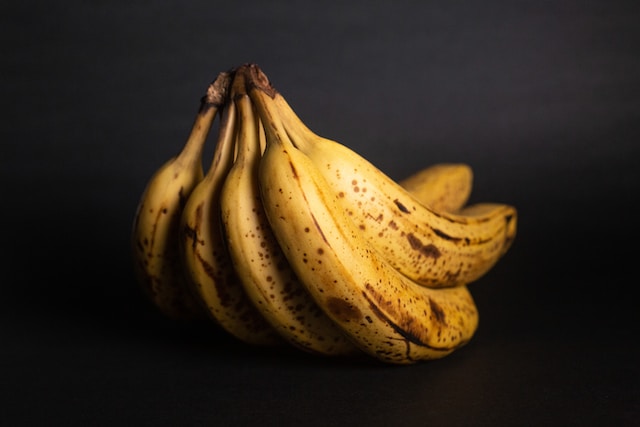Introduction:
Bananas are a staple in many diets around the world, known for their convenient portability and natural sweetness. However, the question of how much sugar is in a banana often arises, especially for those who are mindful of their sugar intake. In this article, we delve into the sweet truth behind bananas, drawing insights from a nutrition expert to provide a comprehensive understanding of their nutritional profile.
Understanding the Basics:
To comprehend the sugar content in a banana, it’s essential to distinguish between naturally occurring sugars and added sugars. Bananas, like many fruits, contain natural sugars, mainly fructose, glucose, and sucrose. These sugars are accompanied by fiber, which plays a crucial role in regulating blood sugar levels and promoting overall digestive health.
The Average Sugar Content:
On average, a medium-sized banana contains about 14 grams of sugar. However, it’s crucial to recognize that this sugar is not akin to the refined sugars found in processed foods. The sugars in bananas come packaged with essential nutrients, such as vitamins, minerals, and dietary fiber, making them a wholesome and nutritious snack.
Nutritional Benefits:
Bananas are more than just a natural source of sweetness. They are rich in potassium, vitamin C, vitamin B6, and manganese. Potassium, in particular, plays a vital role in maintaining proper heart and muscle function, making bananas an excellent choice for athletes and individuals with an active lifestyle. The presence of vitamin B6 contributes to brain development and function, while vitamin C boosts the immune system.
Fiber Content:
One of the key factors that distinguish the sugars in bananas from the empty calories in sugary snacks is the fiber content. Bananas are a good source of dietary fiber, with an average of 3 grams per medium-sized fruit. Fiber not only aids digestion but also slows down the absorption of sugars, preventing rapid spikes in blood sugar levels.
Glycemic Index:
The glycemic index (GI) is a measure of how quickly a food item raises blood sugar levels. Bananas have a relatively low glycemic index, which means they cause a slower and more gradual increase in blood sugar compared to high-GI foods. This quality makes bananas a suitable choice for individuals, including those with diabetes, looking to manage their blood sugar levels effectively.
Expert Insights:
To gain a deeper understanding of the nutritional aspects of bananas, we consulted with Dr. Sarah Turner, a registered dietitian and nutrition expert. According to Dr. Turner, “Bananas are an excellent source of natural energy, and their sugar content should not be a cause for concern. The sugars in bananas are accompanied by fiber, which aids in digestion and helps maintain stable blood sugar levels.”
Dr. Turner also emphasized the importance of considering the overall diet. “It’s crucial to view the sugar content of bananas in the context of the entire diet. If someone is consuming a balanced and varied diet, the sugars in bananas contribute to overall health without causing harm. It’s the added sugars in processed foods that individuals should be cautious about.”
Practical Tips:
For those monitoring their sugar intake or following a specific diet plan, Dr. Turner provided some practical tips. “Pairing a banana with a source of protein or healthy fat can help balance the meal and provide sustained energy. For example, adding a tablespoon of nut butter to a banana can enhance its nutritional profile and make it a more satisfying snack.”
Conclusion:
In conclusion, the sugar content in bananas is primarily composed of natural sugars that come with a host of nutritional benefits. The presence of fiber, coupled with essential vitamins and minerals, makes bananas a nutritious and wholesome choice. Understanding the context of sugar intake within the broader spectrum of one’s diet is key, and expert insights emphasize that the sugars in bananas should be embraced as part of a healthy lifestyle. So, the next time you enjoy a banana, savor its natural sweetness and relish the nutritional goodness it brings to your plate.





